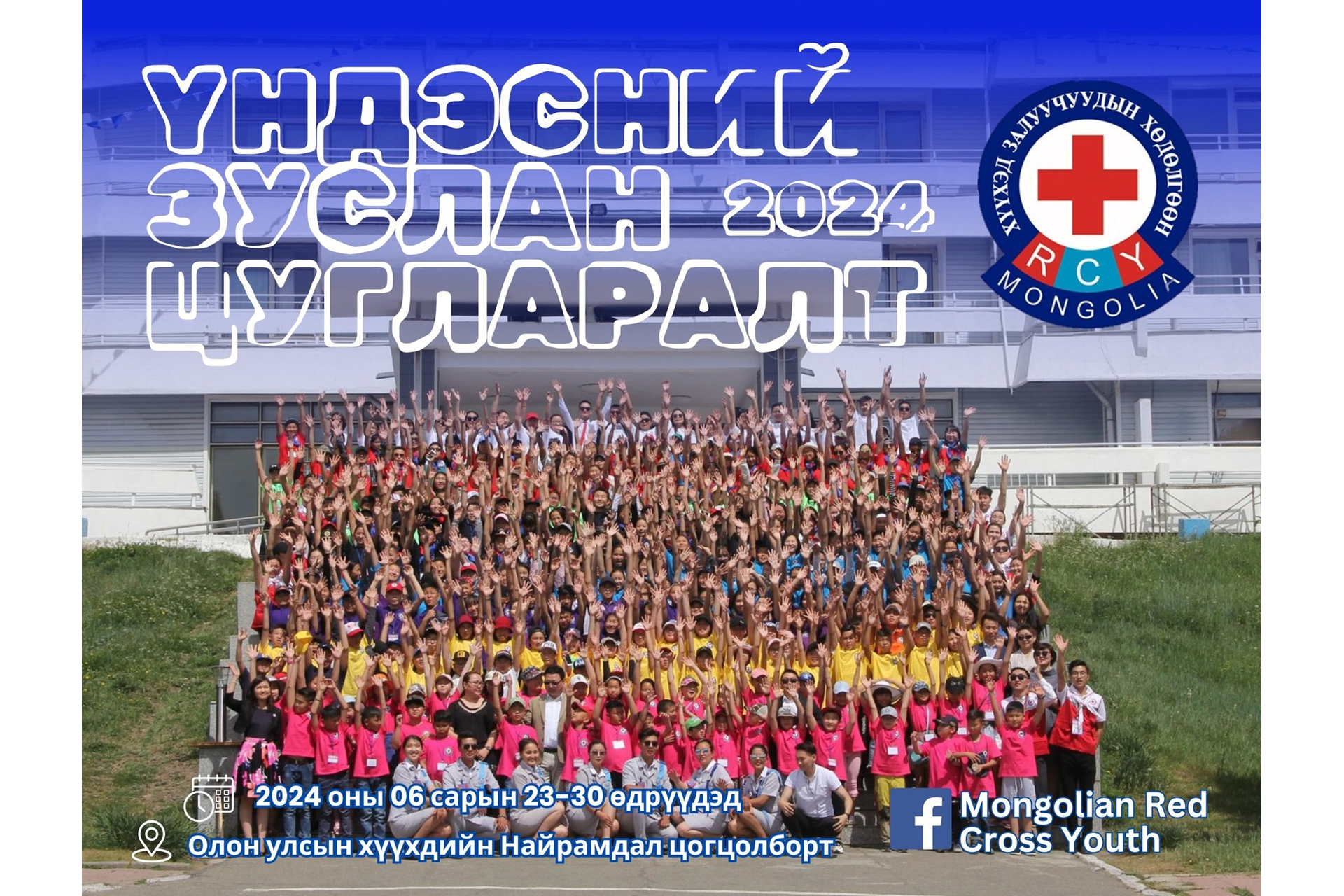
Нийтэлсэн өдөр: 2016.03.29, мягмар


Baatar Dambasuren, 51, received a food parcel containing rice, cooking oil, salt, milk powder and tea from the Red Cross. Photo Credit: Benjamin Suomela/Finnish Red Cross
By Sanna Ra, Finnish Red Cross
Baatar Dambasuren, 51, chops firewood in front of his Ger. It’s warm and cosy inside the traditional nomadic dwelling as he throws more chipped wood into a stove. This winter his family has been using more fuel in the stove than usual.
“It’s been so cold. Temperatures have dropped to -50 Celsius at night and stayed at -40 during the day,” said Mr. Dambasuren . Spring hasn’t brought much relief and he worries about his animals. A few of them have already died of starvation and he cannot afford to lose more.
“The pasture is covered by snow and the animals are weak and exhausted. They will be safe only when new grass starts growing.”
The family only has 71 animals, making them eligible for Red Cross emergency assistance.
“The herders have told us that right now their biggest needs are hay and fodder for their animals and food and warm clothes for themselves,” says Davaajargal Baasansuren, Health Promotion Programme Officer at the Mongolian Red Cross.
Mr. Dambasuren has just received a food parcel of rice, cooking oil, salt, milk powder and tea. The food parcel is designed to provide his family with essential items that will last more than a month.
“It’s very helpful for us because we are having financial difficulties and have no cash at hand,” said Mr. Dambasuren, whose family also received warm clothing from the Red Cross.
Prone to Poverty
According to the Local Emergency Management Authority in Uvs province, all government hay storage facilities are empty. Only private entrepreneurs have hay and fodder, and the prices are too high for many poor farmers. Families try to slaughter weak animals before they die, but often they are too skinny to be sold.
“If the herders lose their livelihood, it makes them very vulnerable to falling into a cycle of poverty,” says Red Cross Uvs branch secretary, Erkhembayar Dulamsuren.
Uvs is one of the provinces hardest hit by this year’s dzud, where about 7,000 herder households have been affected by extreme winter conditions. Altogether the province has 2.7 million livestock, of which more than 54,000 have already perished. At least 1,000 animals are dying every day.
Sensitive to Climate Change
While dzuds are a natural occurrence in Mongolia, climate change has exacerbated the phenomenon.
“Drought and disasters are increasing year by year,” Ms Dulamsuren confirms. According to a UNEP climate change study on Mongolia in 2009, the countries’ fragile ecosystems, animal husbandry and agriculture are extremely sensitive to climate change. The study projects that Mongolia will experience climatic variables which include increased temperatures and rainfall as well as reduced water resources and arable land. This means that the nomadic way of life is under threat.
Mr. Dambasuren worries that he might not be able to feed his family if he loses all his animals. The prospect of having to leave the open grasslands and move to a town slum makes him ponder his options.
“My wife makes ger belts and I do some carpentry for extra income, but I have no financial capacity to start a business,” he admits.
“Most herders have no occupational skills apart from herding,” says Dr Davaajargal Baasaansuren, Head of the Disaster Management Programme at the Mongolian Red Cross Society. “This means that for many, it is impossible to find a job when they come to the urban centers. They are forced to squat in the worst slums where there is no infrastructure. Often they cannot even afford the most basic necessities such as food and clothes and really struggle to survive,” he said.
Worst-case scenario
In Undurkhangai District Centre this worst-case scenario has become a reality for many former herders. Khurelbaatar Tovuu, 57, lost all his animals during the devastating 2010 dzud.
“We used to sell wood and cashmere for market and we had milk and yoghurt for our children from our animals. I used to start my work early in the morning and come back home quite late when I was a herder, I always had something to do,” he recounts.
The only profession Mr. Tovuu knows is herding and now he only occasionally gets seasonal work slaughtering animals or helping other herders to feed their weaker animals.
“Being with animals in the pasture is great. Before I was riding horses and herding animals, now I have nothing to do. My reputation has gone down. People started treating me badly because I’m a poor man.”
It’s 5pm and he is waiting for his five children to return from school. Child allowance is the family’s only income, about 50 USD per month.
“When I had animals, I was planning that two of our children would become herders. Now, we have no money to educate them I fear they will have the same fate as me.”

